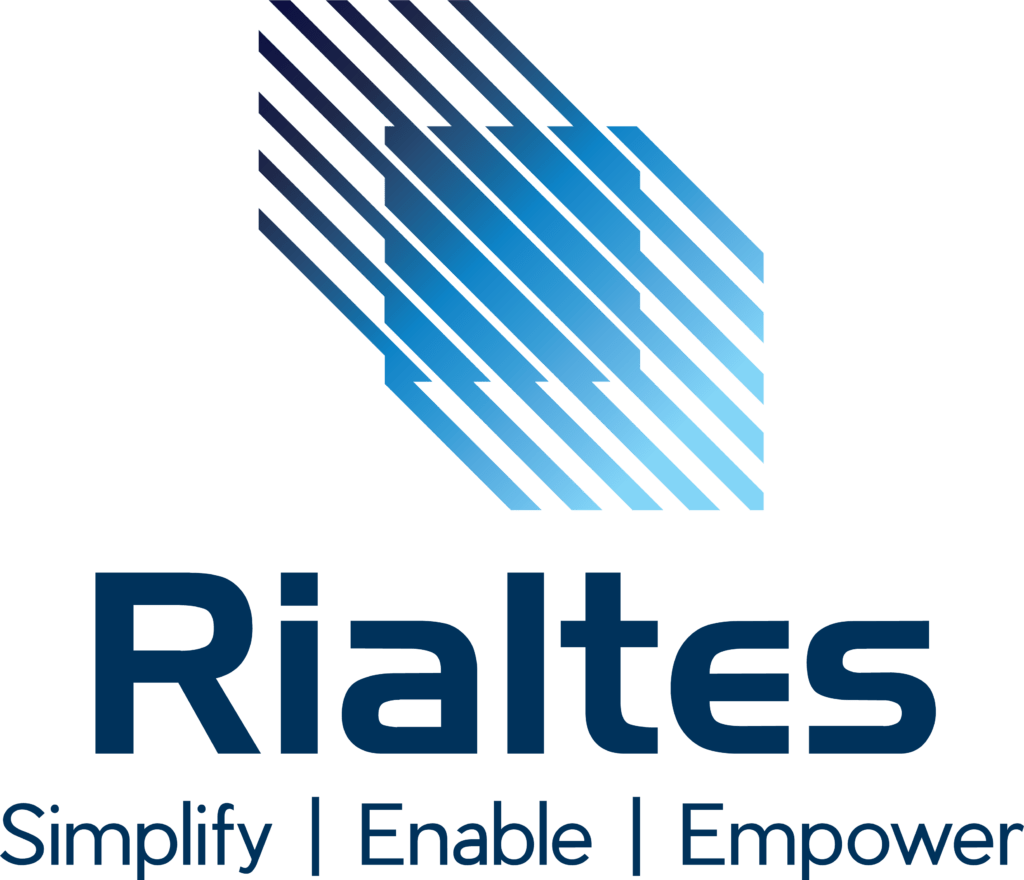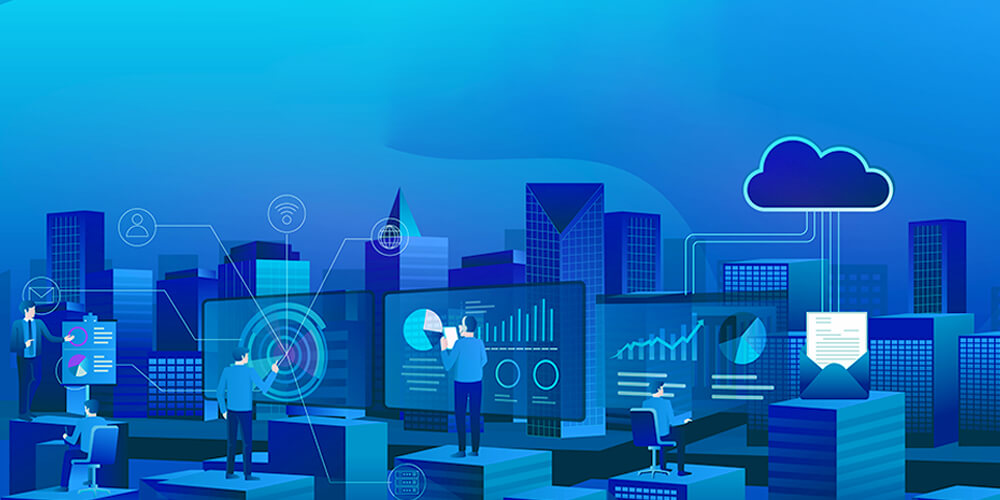Every market in the industry is becoming adaptable to all forms of digitization & automation to speed up their process and, hence, develop a more streamlined and on-point process for the same. In the journey of automation, all businesses/companies generally tend to implement either CRM & ERP.
Businesses that want to automate their core operations typically consider two software solutions: enterprise resource planning (ERP) and customer relationship management (CRM) (CRM). ERP assists businesses in running successful businesses by connecting their financial and operational systems to a centralized database, whereas CRM assists companies in managing how consumers engage with their businesses.
Why is Integration Important?
Both CRM & ERP serve as vital data storage facilities. They cover a wide range of departments, and while they are sometimes built on the same platform, the software is frequently purchased separately and integrated as needed.
This blog will assist in identifying the key features of both CRM and ERP, how they differ, and whether a business requires ERP, CRM, or both. CRM’s central promise is to provide the business with a centralized repository of all customer data, tracking all customer interactions, whereas the benefits of an ERP system stem from having a single, shared database for all financial and operational data. This has a significant impact on reporting, including both static monthly reports and ad hoc reports requested by leadership.
Difference between CRM and ERP!
While the entire company will sooner or later rely on both ERP and CRM systems, the primary distinction between the two is that ERP is chiefly for financial data and the finance department, whereas CRM is for customer data used by the sales and customer service departments. The former is known as the back office, while the latter is known as the front office.
Some ERP systems include a CRM component, while others do not, but CRM software systems do not. Though they both come and join as a crucial source of Relational Databases for SAAS Companies, here’s where the differences lie-
ERP
- Best used for financial management and accounting
- Supply chain management
- Order management
- Production management
- Procurement
- Inventory management
- Warehouse management & fulfillment
CRM
- Customer self-service
- Customer behavior tracking data
- Sales force automation
- Marketing Automation
- Contact center
- Customer service
ERP and CRM are both business applications that use relational databases to store and analyze data. Both are transmitted via a typical on-premises prototype or through software as a service (SaaS), in which the business owner manages the software in its own data center and customers access it via the cloud.
Benefits Of Integrating Both ERP & CRM
Nowadays most businesses whether they are a start-up or speedily growing SMBs eventually blend ERP & CRM systems for a seamless workflow management system. Companies who use free software or entry-level accounting tools or standard ones for customer data management quickly turn their system to their growth limit in the later stages.
ERP & CRMs help in defining and structuring the data of any company whilst also allowing clarified segregation of information, hence, avoiding any silly mistakes. The neat thing about them is they both need to be maintained and monitored separately.
The business model of a company will determine whether it invests first in CRM or ERP. For instance, a company with a small number of high-value customers and complex financials may be more likely to invest in an ERP system first.
Why Implement Both?
Mostly when a company wants to focus only on the financial aspect of the business implement and work around ERP, but the moment they realize the importance of customer engagement CRMs take the cake.
Nowadays there are many companies like Rialtes Technologies that are providing a unified solution for ERP & CRMs. A unified combination of both these software generally tends to be less expensive and keeps data updated via real-time analysis.
It is crucially important for every company to identify its true business goals such as-
- Having a deeper understanding of customers
- Make your staff take well-informed decisions
- Investigate your sales cycle
- Automate some of your client relationship management processes
- Change your marketing strategy based on your sales results
Then it’s time to investigate combining CRM and ERP to boost your team’s performance while also increasing your organization’s efficiency. Rialtes Technologies is an ERP and CRM software expert. When you use our services, you can expect immediate and seamless CRM and ERP integration. Contact our experts today to find out which software solutions are best for your company.





